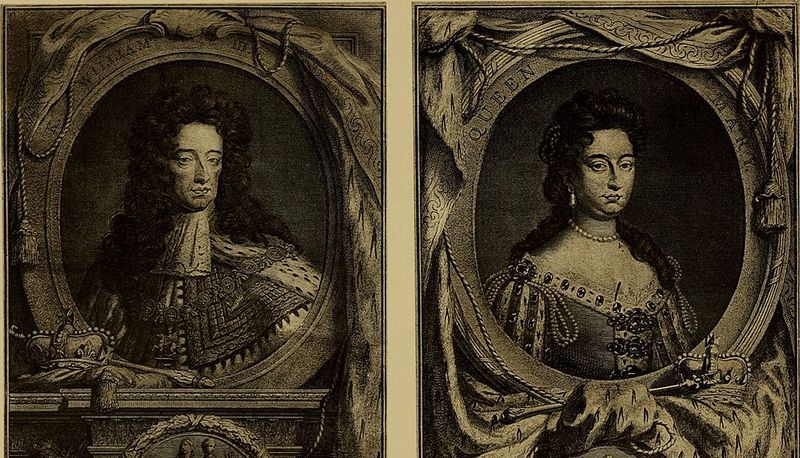Concetti Chiave
- The puritan age literature emphasized austerity, introspection, and realism, focusing on human moods and experiences.
- Metaphysical poetry, led by John Donne, explored complex ideas related to emotions, while Ben Jonson influenced the Cavalier Poets.
- Cavalier Poets, inspired by Horace and Catullus, celebrated life's fleeting beauty, focusing on themes like women and wine.
- Religious poetry flourished with John Milton's work reflecting both humanist and puritan influences.
- Prose became less artificial, focusing on familiar subjects, while puritans favored sermons and spiritual biographies over fiction.
Caratteristiche della letteratura puritana
The literature of the puritan age was characterized of a general austerity, an increase of introspection and self-criticism, a greater emphasis on realism and analysis of human moods and experience.
Poetry wasn’t characterized by homogeneity of expression, but in the metaphysical poetry there were especially unusual and difficult ideas in relation to emotional states. The main representative of metaphysical poetry was John Donne. The other great influence in the poetry was Ben Jonson; from whose the Cavalier Poets drew inspiration.
They rapresented the life and culture of upper-class pre-Commonwealth England, whose ideals were personal elegance and courteous behaviour. They wrote about women, wine and song, and opposing the austere view of Puritans and their concern with God’s will and with the other world. They never joined in a formal group.
Influenze e poeti cavalier
The influence of Latin poets such as Horace and Catullus runs through the works of the Cavalier poet also in the kind of Epicurean melancholy which promoted enjoyment of life’s fleeting beauty.
A few names stand out in the body of Cavalier poetry: Richard Crashaw and Richard Lovelace.
There was also the remarkable development of religious poetry.
John Milton represented a highly individual voice and his poetry showed a variety of contemporary influences, and there were both the humanist and puritan character,
The last great poet of the century was Andrew Marvell.
Prosa e forme letterarie puritane
The Civil war affected the development of prose. 
The true puritan literary forms were the sermons, the religious tract and the spiritual biography.
Domande da interrogazione
- Quali sono le caratteristiche principali della letteratura puritana?
- Chi erano i principali poeti cavalier e quali influenze avevano?
- Come ha influenzato la guerra civile lo sviluppo della prosa?
La letteratura dell'età puritana era caratterizzata da austerità generale, introspezione e autocritica, con un'enfasi maggiore sul realismo e l'analisi degli stati d'animo e delle esperienze umane.
I principali poeti cavalier includevano Richard Crashaw e Richard Lovelace, influenzati dai poeti latini come Orazio e Catullo, e promuovevano il godimento della bellezza effimera della vita.
La guerra civile ha influenzato la prosa rendendola meno artificiale e più familiare nei soggetti, poiché i puritani diffidavano della finzione, considerandola un'attrazione del mondo sensuale che poteva distruggere l'energia spirituale del buon cristiano.






 Accedi a tutti gli appunti
Accedi a tutti gli appunti
 Tutor AI: studia meglio e in meno tempo
Tutor AI: studia meglio e in meno tempo